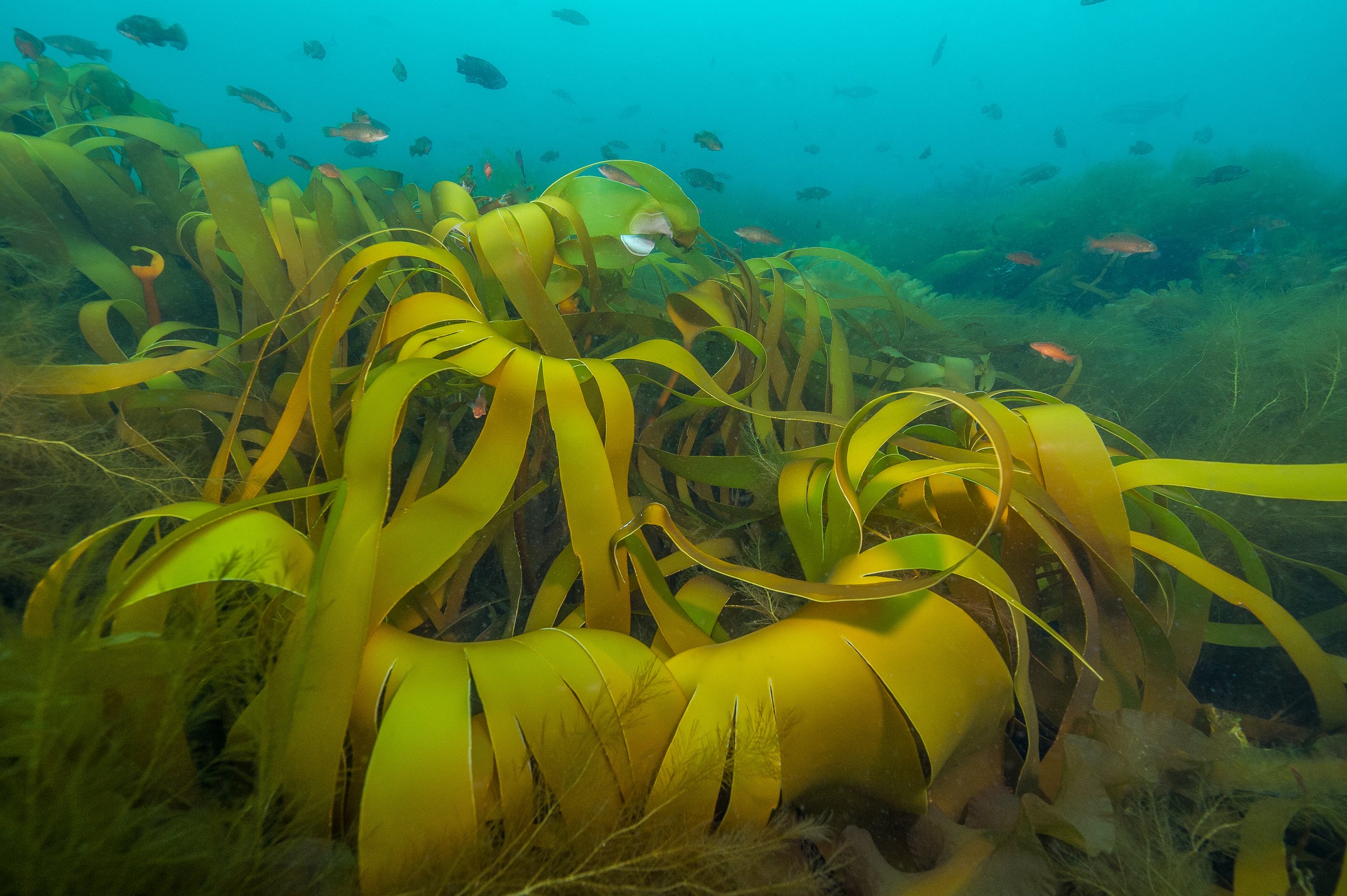Themes
-

Wildlife Over Waste
Maybe you’ve seen the video of a sea turtle with a plastic straw stuck in its nose, or the headlines about whales washing ashore with stomachs full of plastic. With so much plastic pollution floating in the ocean, it’s too easy for wildlife to mistake it for food — and too often, they pay the price with their lives. The good news is that communities, states and companies can move away from the single-use plastics we don’t need. These decision makers will only put wildlife over waste if they hear loud and clear from young people that it’s time to move beyond single-use plastics.
After all, nothing we use for a few minutes should pollute our environment and threaten wildlife for hundreds of years.
-

Save Right Whales
Whether you’ve seen them breaching from a boat or just marveled at them in the movies, there are few sights more majestic than that of a whale. These gentle giants swim off shore, filter-feeding and playing a key role in our ocean ecosystems.
But today, one of New England’s whales is at risk of extinction. Today, there are only about 370 North Atlantic right whales left. These whales, who live off the Atlantic coast of the U.S. and Canada, were once hunted by whalers to near-extinction. Today, their population is once again in decline. Vessel strikes and fishing gear entanglements are the top two causes of right whale deaths. Scientists estimate that right whales can only afford to lose about one whale per year to non-natural causes. Since 2017, we’ve documented 22 right whale deaths attributed to vessel strikes and entanglement.
We can save right whales. We can strengthen rules designed to prevent boat strikes and urge the use of new, ropeless fishing gear that eliminates most of the risk entanglement poses to whales.
But to ensure that decision makers at the federal, state and corporate levels take steps to protect this endangered species, they need to hear from young people across New England that we want them to save right whales.
-

Protect New England's Ocean Treasure
Off the coast of Massachusetts, in the center of the Gulf of Maine, there lies a deep, healthy kelp forest that is a hotspot for whales and dolphins, a winter feeding ground for Atlantic puffins, and one of the last, best places to find Atlantic cod in the Gulf. Called Cashes Ledge, this is a true national treasure.
Keeping this incredible place safe is important for the ocean life that call it home. Healthy ecosystems will be critical in building resilience for the whole Gulf of Maine in the face of rising temperatures and other threats.
While the kelp forest at Cashes Ledge currently enjoys some protections from commercial fishing, these safeguards aren’t permanent and don’t take into consideration the area’s whales and seabirds. We need to permanently protect this amazing place, so future generations can marvel at the abundant life off our shores.
-

Stop Deep Sea Mining
The deep sea is one of the most mysterious places in our solar system. While we have been sailing across the surface for centuries, only in recent decades have we developed the technology to begin to understand life so deep it never sees sunlight. It’s an alien world, one of great beauty.
But if the nascent deep sea mining industry gets started, we may never have a chance to learn the secrets of the deep. Deep sea mining would see companies strip the ocean floor of “nodules” of minerals, ostensibly to support renewable energy.
This untested operation would disturb sea life that is incredibly long-lived and slow-growing. Some coral discovered in the deep sea are thousands of years old, while the nodules themselves provide the only toehold for smaller ocean life in the vast savannah of the sandy-bottomed ocean.
In comparison to the damage to the deep sea and the planet, the short-term profits made by a few companies seem trivial. From reduction to reuse to recycling and more, there are better ways to design our products and our energy systems that don’t pose immeasurable and irreparable harm to ocean life.
Let’s develop those sustainable solutions, and make sure deep sea mining never starts.
